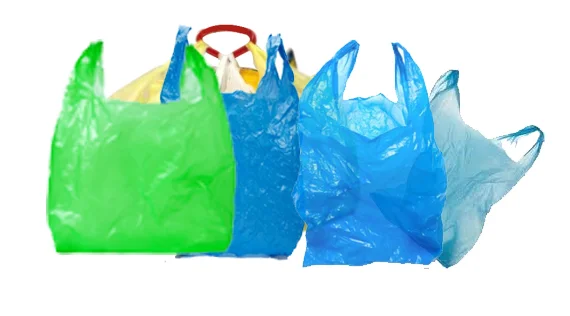
SEATTLE (Scrap Monster): A group working on developing regulations for plastic use in Falmouth restaurants is aiming to have a draft of the regulations ready by late March or early April. The group plans to send the draft regulations to restaurants in advance of a listening session where residents and business owners will be able to offer feedback.
The working group was formed after a petition to ban single-use plastic in food service in town failed at April Town Meeting. Vice chairwoman of the board of health Amy A. Roth and Falmouth Health Agent Scott McGann are part of this working group and updated the board of health on the group’s progress in a meeting on Monday, February 26.
The group has been close to having a draft regulation ready for a few weeks now, but members are still working out enforcement details, Ms. Roth said.
“For a simple regulation, it’s infinitely complicated,” she said. “A restaurant can have 12 different types of plastic containers that don’t meet the standard. Is that 12 violations? Is that one violation?”
So far, the group has settled on the idea that restaurant owners can get permission from the health department during inspections to use certain plastics. To do so, they must demonstrate that they tried to find a plastic alternative and that using that alternative would not be feasible for the restaurant.
The group has drafted a form where restaurant owners can indicate that they have made a reasonable but unsuccessful effort to find plastic alternatives. Restaurant owners could keep this form on-site to show health department staff during inspections, or submit the form alongside other paperwork during their annual restaurant permit renewals.
“But then that prompts the discussion of: do you not issue the permit if that form is not uploaded?” Ms. Roth said.
“That just comes [down to] how stiff the regulation is,” board of health member George R. Heufelder said.
Mr. McGann asked whether it was legal for the regulation to condition a restaurant permit issuance on plastic compliance, since regulations for restaurant permits are part of the state code. Mr. Heufelder said he thought it was allowed because the board took similar regulatory action previously when it came to smoking in restaurants.
The petitioner of the original article that led to the creation of this working group, Philip Gessen, asked if the health department could make its findings about plastic use in restaurants publicly available, Mr. McGann said. If consumers could view the plastic allowance forms, they could decide for themselves whether they felt like a particular food establishment was doing its due diligence to reduce plastic use, Mr. Heufelder said.
“The petitioner is looking for a certain amount of transparency,” chairman of the board of health Kevin D. Kroeger said, “so that a consumer can make a decision based on how much due diligence they think that restaurant owner is making.”
Mr. McGann said he understood Mr. Gessen’s request, but felt it would be infeasible to add data collection to the list of responsibilities associated with restaurant inspections.
“We certainly don’t want our inspections to be cut in half because we’re spending double the time in a restaurant,” Mr. McGann said. “We only have so much time to spend in a place before you get to the next one.”
However, if restaurant owners submit their plastic allowance forms as part of their applications to renew their restaurant permits, that form would be publicly available. The public can view food establishment permits and associated paperwork through the town website.
Although the working group needs to nail down enforcement details, Ms. Roth noted that the regulation’s purpose is less to be punitive and more to encourage more restaurant owners to find alternatives to plastic.
Mr. McGann agreed, adding that health inspectors will be able to gather information about the most viable plastic alternatives and share that information with the local food establishment industry.
Courtesy: www.capenews.net



| Copper Scrap View All | |
| Alternator | 0.39 (0) |
| #1 Copper Bare Bright | 4.55 (0.05) |
| Aluminum Scrap View All | |
| 356 Aluminum Wheels (Clean) | 0.83 (0) |
| 6061 Extrusions | 0.73 (0) |
| Steel Scrap View All | |
| #1 Bundle | 385.00 (0) |
| #1 Busheling | 405.00 (0) |
| Electronics Scrap View All | |